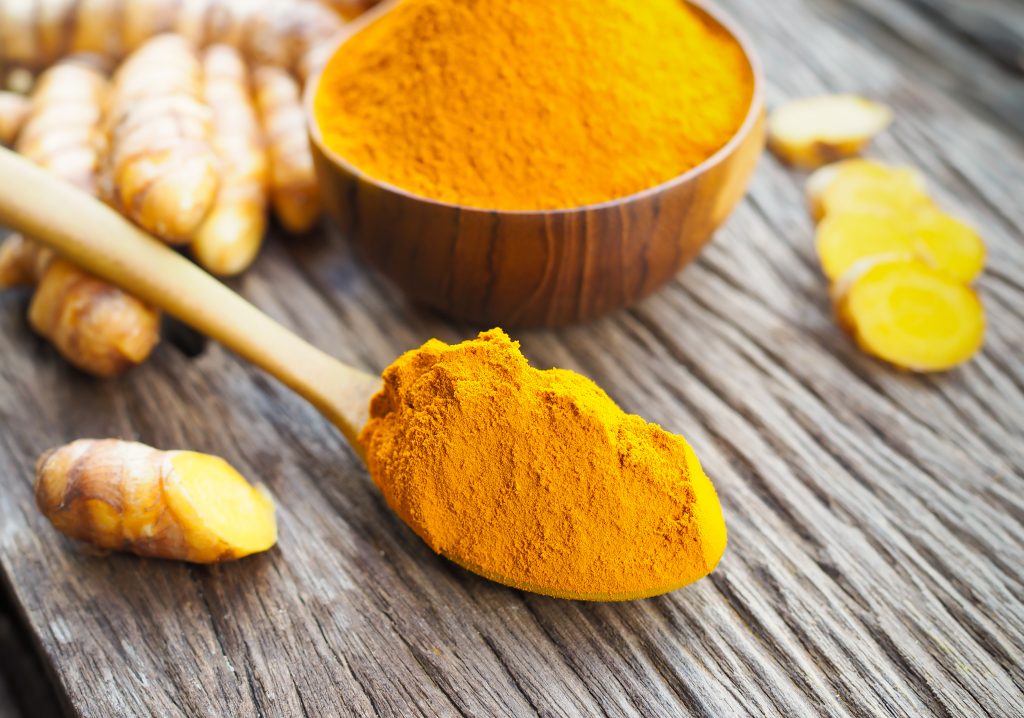-
Mayo Clinic Q and A: Turmeric for healthier diet, pain relief

DEAR MAYO CLINIC: I am a breast cancer survivor who still suffers from various aches and pains, including arthritis. A friend told me that her arthritis pain improved after she started taking turmeric. I'm committed to making this new year a healthier one, and I want to improve my overall health and diet. Can you tell me more about this supplement? Is it something I can add into my diet to feel better?
ANSWER: Turmeric is becoming a common spice in many home pantries, especially since people are hearing of its many purported health effects, including reducing inflammation.
Turmeric, which is a plant related to ginger, is grown in many Asian countries, as well as other tropical areas. It's a major ingredient in curry powders — common in many Indian and Asian dishes — and is often used as a coloring for foods, fabrics and cosmetics. The underground portions of the plant can be dried and made into capsules, tablets, extracts, powders or teas. Or they may be made into a paste to apply to the skin.
Turmeric's main active component — curcumin — is what gives the spice its yellow color. Curcumin has anti-inflammatory properties, making it a potential treatment for a number of health conditions, including pain, asthma and decreased movement in people with osteoarthritis.
Other research suggests that curcumin may reduce cholesterol and triglyceride levels. In addition, it may lessen some of the symptoms of rheumatoid arthritis, such as joint swelling and morning stiffness. Other areas of investigation include curcumin’s effect on Crohn’s disease, certain cancers, depression, diabetes, joint pain and irritable bowel syndrome.
There are various studies looking at the benefits of turmeric, including several that showed turmeric to be just as effective as ibuprofen for reducing inflammation, swelling and pain. However, more research is necessary to confirm these effects.
Although there are supplements available, the data is not conclusive and supplements are not regulated. Additionally, like many plants, it is not just one component that may have beneficial effect. Noncurcumin compounds, such as turmerin, turmerone, elemene, furanodiene, curdione, bisacurone, cyclocurcumin, calebin A and germacrone, also have been shown in animals to possess anti-inflammatory properties.
When taken by mouth or applied to the skin, turmeric — and the curcumin it contains — appears to be generally safe when limited to less than 8 grams a day. That said, different amounts often are recommended depending on the health condition being addressed, and higher doses have been used for limited periods of time. High doses or long-term use may cause gastrointestinal upset for some people — even damage to the liver.
Turmeric, or curcumin, may be a complimentary therapy that is valuable for you. I would recommend that you discuss with your medical team using it as a compliment to mainstream medical treatment. You also should talk to your health care team about turmeric if you take an anticlotting medication or at any point require additional chemotherapy, as the supplement may interact with your medication. — Katherine Zeratsky, R.D.N., Endocrinology/Nutrition, Mayo Clinic, Rochester, Minnesota
Related Articles







